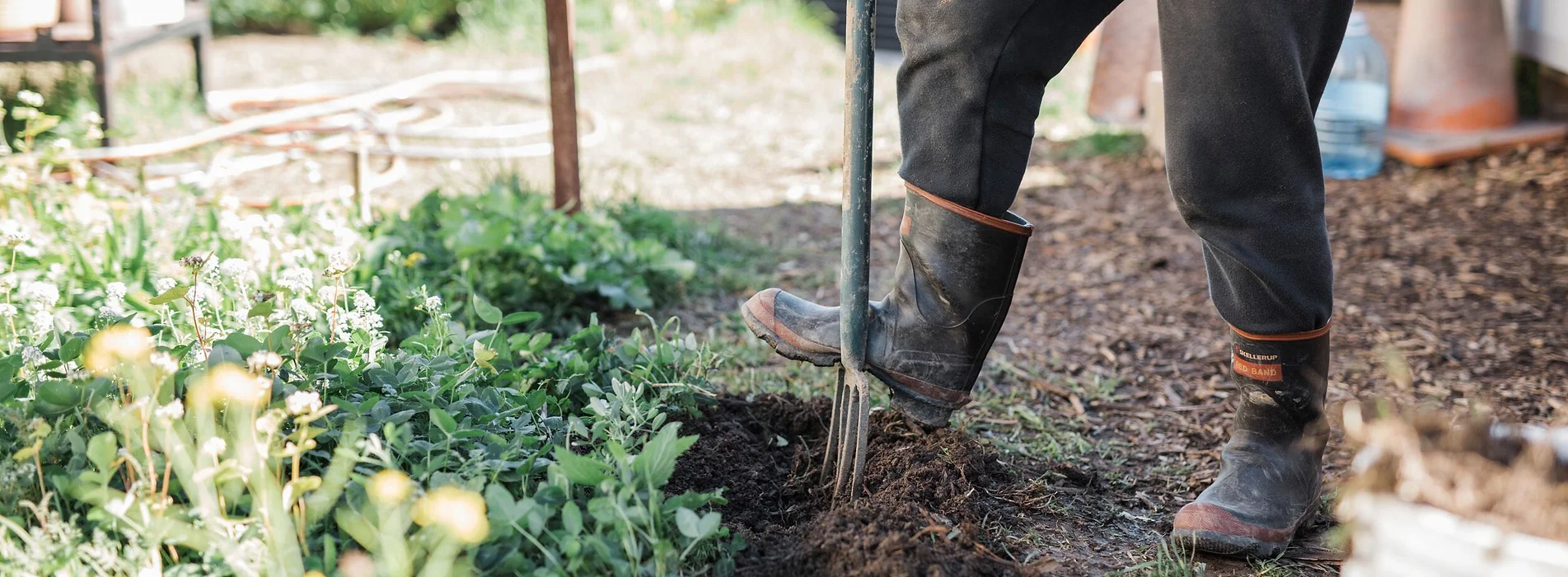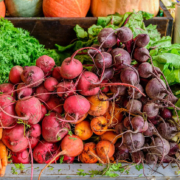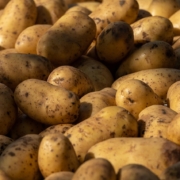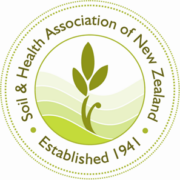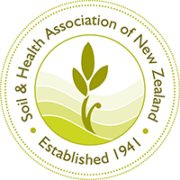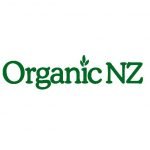A guide to organic education in New Zealand
Bridget Freeman Rock reviews the organic education options available in New Zealand
We hope you enjoy this free article from OrganicNZ. Join us for access to exclusive members-only content.
Many Organic NZ readers are hungry for practical skills and further knowledge of organics, and with a range of courses, workshops and educational experiences to choose from in New Zealand and abroad there is probably something for every appetite, if readers are prepared to do a little hunting.
At the grassroots
For the home gardener there are workshops in all manner of permutation and possibility: day or half-day workshops on specific topics, like Korito’s courses on chicken keeping, composting, and other topics (www.korito.co.nz); as well as weekend courses, and those offered over a series of weeks or months. The What’s On page in the back of Organic NZ lists many upcoming events, workshops and courses.
Find out if there is a local Environment Centre, Soil and Health Branch, or organic gardeners’ or growers’ group near you and make contact. They can let you know what’s happening locally and they usually meet regularly, often host talks and workshops, and are founts of organic-related knowledge.
Find out what programmes your local council offers. The Hastings District Council, for example, supports a campaign run in conjunction with the Sustaining Hawke’s Bay Trust, which provides information and assistance for sustainable living, including organic gardening courses (www.susd.org.nz).
WWOOF (Willing Workers on Organic Farms)
Every year thousands of young backpackers come to New Zealand, and as part of their travel experience, go ‘wwoofing’. This is a worldwide intercultural movement whereby voluntary labour is exchanged for board and an organic learning experience. There are currently about 1400 registered hosts in New Zealand, from large organic farms, orchards and vineyards to small family holdings, eco-communities and urban gardens, covering the gamut of ecological practice.
Wwoofing is a wonderful opportunity to explore organic living in action and offers a kind of journeyman apprenticeship for those willing and able. WWOOF is open to all people over the age of 16, including the locals. See www.wwoof.co.nz.
Permaculture
‘Permaculture (permanent agriculture) is the conscious design and maintenance of agriculturally productive ecosystems which have the diversity, stability, and resilience of natural ecosystems.’ (Bill Mollison) Permaculture Design Certificate courses can be taught as intensive 12-day courses, in blocks or over a couple of months, and are held all around the country. See www.permaculture.org.nz for courses and events, and a list of regional permaculture groups and teachers.
Apprenticeships in sustainable living
The Koanga Institute, in Wairoa, is committed to protecting and developing our cultural heritage food plants through practice, education and research into the broader aspects of sustainable ‘human ecology’. They run a one-year, possible three-year, apprenticeship programme specialising in one of four areas: permaculture design, small farms and wild harvesting, nutrient-dense food production, or building techniques and appropriate technology. Alongside this, the Koanga Diploma in Sustainable Living will be offered for the first time next year (www.koanga.org.nz).
Māori organics
Te Waka Kai Ora (the Māori Organics Authority of Aotearoa) is one of the facilitators of the Maara Kai (community gardens) project, which assists with education, coaching and networking opportunities for whānau to become more self-reliant in growing their own food and rongoa (medicines). To find out more about Maara Kai and/or about becoming verified under the Hua Parakore (pure product) Māori organic growing system, contact www.tewakakaiora.co.nz.
More formally, Te Whare Wananga o Raukawa in Ōtaki has a paper on Maara Kai as part of its Kaitiakitanga Putaiao programme, a NZQA one-year diploma or three-year bachelor’s degree on sustainable environmental practice from a te ao Māori worldview (www.wananga.com).
Biological farming
Biological, or carbon, farming is a ‘soils first’ approach to agricultural management, encouraging healthy soil microbial and mineral balance for healthier, more resilient and sustainable crops. See the Association of Biological Farmers (www.biologicalfarmers.co.nz) for resources, workshops and services, including farm consultations.
Biodynamics
Biodynamics is a holistic system of agriculture initiated by Rudolf Steiner. In addition to the usual organic practices, biodynamic methods include the use of special plant, animal and mineral preparations; working with planetary influences and the rhythms of the moon and sun.
For information, upcoming workshops and events, and for a list of regional groups and contacts, turn to the Bio Dynamic Farming and Gardening Association of NZ (www.biodynamic.org.nz).
Taruna College, Havelock North, has been a centre of life-changing adult education for almost 30 years. Their Certificate in Applied Organics and Biodynamics (NZQA level 4) has been designed as a part-time, 33-week distance programme for people actively involved in commercial agriculture and horticulture, with a new programme catering for viticulturalists now based in Marlborough. It is particularly suited to farmers and growers intending to convert their enterprise to organics/biodynamics, and/or wishing to work towards organic/biodynamic certification (www.taruna.ac.nz).
The Biological Husbandry Unit (BHU)
The Biological Husbandry Unit (established in 1976; a charitable trust since 2001) is located at Lincoln University on 10 hectares of certified organic gardens and orchards. Its aim is to promote organics through research, demonstration and education (www.bhu.co.nz).
The Organic Training College within BHU runs two year-long courses. The first year is a basic introduction to the fundamentals of organics (National Certificate in Horticulture, level 2 and Telford Division Certificate in Organics, level 3), and the second applied year includes their Stepping Stone Programme, in which students use the BHU land and greenhouse facilities to grow their own produce under the mentorship of experienced supervisors (National Certificate in Horticulture, level 4).
The College also delivers a winter course in sustainable farm management (Telford Division Certificate in Farm Management, level 3) as well as practical workshops and short courses. Contact: 03 325 3684, college@bhu.co.nz.
Other NZQA certificates
Rawene Learning Centre (Northtec) currently teaches organics, sustainability and permaculture under the umbrella of the National Certificate in Horticulture, levels 2 and 3 (20 weeks, full-time), and is exploring the possibility of an Organic Certificate course for 2012. Contact Kevin: krasmussen@northtec.ac.nz.
Tairawhiti Polytechnic, Gisborne, has a Certificate in Sustainable Horticulture (Sustainable Lifestyle), level 3, which includes organic practice, permaculture, beekeeping and heritage seed propagation (www.tairawhiti.ac.nz).
The Southern Institute of Technology delivers a Certificate in Organic Horticulture (level 3) through its distance learning programme (www.sit.ac.nz).
The Western Institute of Technology, Taranaki, offers Certificates in Organic Horticulture, levels 3 and 4. Each course is studied part-time over one year (www.witt.ac.nz).
Agriculture New Zealand also provides a Certificate in Organic Horticulture, both at level 3 and level 4. Their Go Organic courses run part-time over 12 months and are suitable for keen gardeners, lifestyle block owners and professional growers and farmers. Courses are offered, depending on interest, in 16 locations nationwide. Call 0800 475 455 or emailagnztraining@pggwrightson.co.nz.
Study at tertiary level
Brendan Hoare observes after 25 years’ involvement in organic education, that funding and support for organic courses in tertiary institutions has been gradually withdrawn in recent years, both here and overseas. In New Zealand, there is very little for undergraduate students, and certainly not for post-graduates, that is specifically organic.
Lincoln University offers two papers on the ‘Science and practice of organics’ at degree level, and under the umbrella of a Graduate Diploma or Masters of Applied Science students can structure their course content around organics (emailRoddy.Hale@lincoln.ac.nz) – other universities may offer similar options. However, Brendan recommends that those wishing to study organics at tertiary level seriously consider studying in ‘hotspots’ overseas.
In Australia, Charles Sturt University offers a Bachelor in Ecological Agricultural Systems and a Master and Doctor in Sustainable Agriculture, all of which can be studied extramurally (www.csu.edu.au). Both the University of Western Australia and University of New England have organic units within their Masters of Agriculture programmes, and options for organic research at PhD level. Further afield, the USA has a variety of tertiary programmes (see www.attra.ncat.org/education.html), and Germany’s University of Kassel has a department of Organic Agricultural Sciences (www.uni-kassel.de/agrar), which runs a very respected dual bachelor’s and master’s programme.
The website for the International Federation of Organic Agriculture Movements (www.ifoam.org) is a rich resource of research articles and links, as is the Journal of Organic Systems (www.organic-systems.org), a peer-review journal for researchers in the Australasia–Pacific region. It is worth sleuthing to find out who is doing research in your field of interest, where they are based, and what study options are available there.
Learning from your own land
It is also worth remembering that the best teacher on organics you will probably find is your very own garden, orchard or farm, if you are willing to engage your senses, your powers of observation and to learn through action and inquiry.
Bridget Freeman Rock works with words and community in Hawke’s Bay, between caring for her children and co-creating an oasis of sustainable family living.

